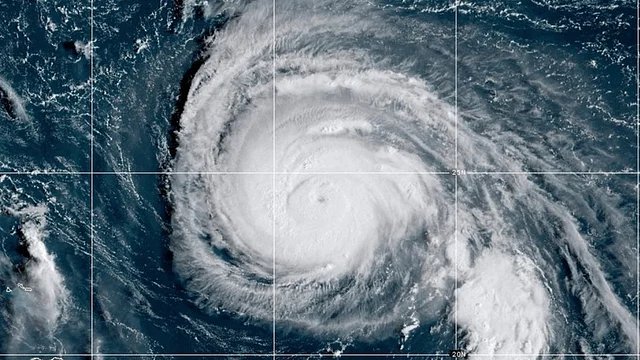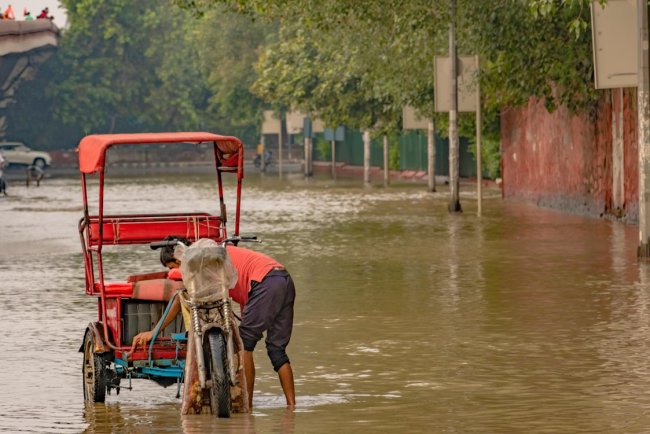Storm Imelda and Hurricane Humberto Could Trigger Rare Fujiwhara Effect Off US Atlantic Coast
Tropical Storm Imelda and Hurricane Humberto could trigger the Fujiwhara effect off the US Atlantic coast, creating unpredictable weather and heightened risks for Bermuda and the southeastern United States.

Indigenous Lands as Health Barriers
Across the Amazon, Indigenous-managed forests act as powerful buffers against nearly 30 deadly diseases, according to new research analyzing two decades of health data from 1,733 municipalities across eight Amazon countries.
Communities located near intact Indigenous forests show lower rates of fire-related respiratory and cardiovascular illnesses, as well as zoonotic and vector-borne diseases such as malaria and Chagas. These lands help filter air pollutants, conserve biodiversity, and disrupt the spread of disease vectors, protecting millions of people across the region.
Rising Threats from Deforestation
Deforestation for cattle ranching, agriculture, and illegal logging is intensifying in Brazil, driving up wildfires that release smoke and fine particulate matter. Between 2002 and 2011, Amazon fires were linked to nearly 3,000 premature deaths annually in Brazil alone, primarily from heart and lung diseases.
By contrast, Indigenous lands consistently show reduced disease prevalence, underscoring the direct connection between environmental stewardship and public health benefits for the 33 million residents of the Amazon Basin.
Global and Local Implications
Researchers argue that these health findings add urgency to protecting Indigenous territories. Safeguarding Indigenous land rights is increasingly recognized as vital not only for carbon storage and biodiversity conservation, but also as a public health imperative.
As illegal development accelerates and the Amazon ecosystem edges closer to ecological collapse, the risks of disease outbreaks threaten both local communities and distant populations.
The Road to Belem
With global climate negotiations set to convene in Belém, Brazil, the study highlights how Indigenous forest protection must be central to both climate and health strategies. Indigenous stewardship of the Amazon remains one of the most effective defenses against worsening disease burdens in a warming, deforested world.
What's Your Reaction?

















